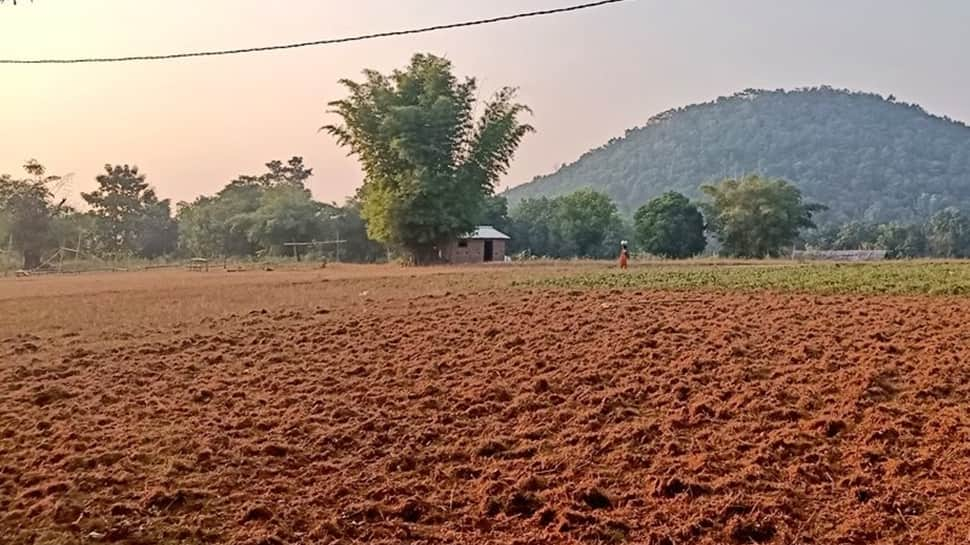The demographic landscape of Pakur, a district in Jharkhand bordering West Bengal, has dramatically changed. Once predominantly inhabited by tribal communities, villages are now increasingly occupied by infiltrating and local Muslims. Although Pakur does not share a direct international border with Bangladesh, it is only 50 kilometers away from Malda, West Bengal, which borders Bangladesh. Proximity to this international boundary has led to significant infiltration into Pakur over the years. Allegations of increasing infiltration have been reported, with villages like Kitajhor and Ramchandrapur witnessing a decline in tribal populations and an increase in Muslim residents.
In July, the Jharkhand High Court, while hearing a Public Interest Litigation (PIL), directed the state government to identify and repatriate alleged Bangladeshi infiltrators. The court also inquired if the central government could take direct action against infiltrators under the Citizenship Amendment Act (CAA). Emphasizing the seriousness of the issue, the court urged cooperation between the state and central governments.
BJP’s Jharkhand State President, Babulal Marandi, expressed concern over the alleged infiltration, noting a steady decline in the tribal population in Santhal Pargana. He called for a special team to investigate the drastic decrease in tribal numbers and their displacement. Marandi highlighted that the tribal population in Santhal Pargana has decreased from 44.66% in 1951 to 28.11% in 2011, while the Muslim population has increased from 9.44% to 22.73% during the same period.
The population growth in Santhal Pargana’s six districts has seen an average increase of 7-8 lakh over the years. Marandi claims such rapid growth is impossible without infiltration.
Notably, some districts in Santhal Pargana are only 40-50 kilometers from the Bangladesh border, with Pakur being the closest. The border area in West Bengal’s Malda district is partially fenced and partially open, allowing easy infiltration routes into Jharkhand. Former MLA Beni Prasad Gupta, who represented Pakur twice since 1990, stated that no village remains where tribals are present, with infiltrators taking over.
Local lawyer and social worker Dharmendra Kumar noted that infiltrators systematically enter the region through various routes and settle there with the help of agents. He mentioned that marrying tribal girls to gain property and establishing homes is a common practice among infiltrators.
The infiltrators’ network often involves Muslim youths forming relationships with tribal girls, leading to marriage and subsequent settlement. These settlements are colloquially known as “Jamai Tola” in Santhal Pargana. Post-marriage, the Muslim husbands gain rights over the tribal girls’ lands, obtaining mining leases as well. Although tribals are prohibited from selling their land, a loophole in the form of ‘gift deeds’ facilitates the cheap acquisition of tribal lands.
On June 2, 2023, Jharkhand Police’s Special Branch issued a notice to all district DCs and SPs, warning of illegal entries by Bangladeshi citizens. Additionally, on December 13, 2023, the Union Home Ministry revealed that over 120 fake websites were issuing fraudulent birth certificates, particularly cautioning Jharkhand.
Young tribals in Jharkhand are not only concerned but are actively raising awareness among their communities. Nirmal Murmu, speaking to Zee Media, highlighted the alarming situation in Pakur, where tribal villages are transforming into Muslim-dominated areas, with mosques emerging where none existed before. He emphasized that the demographic change in Pakur is a matter of grave concern.

